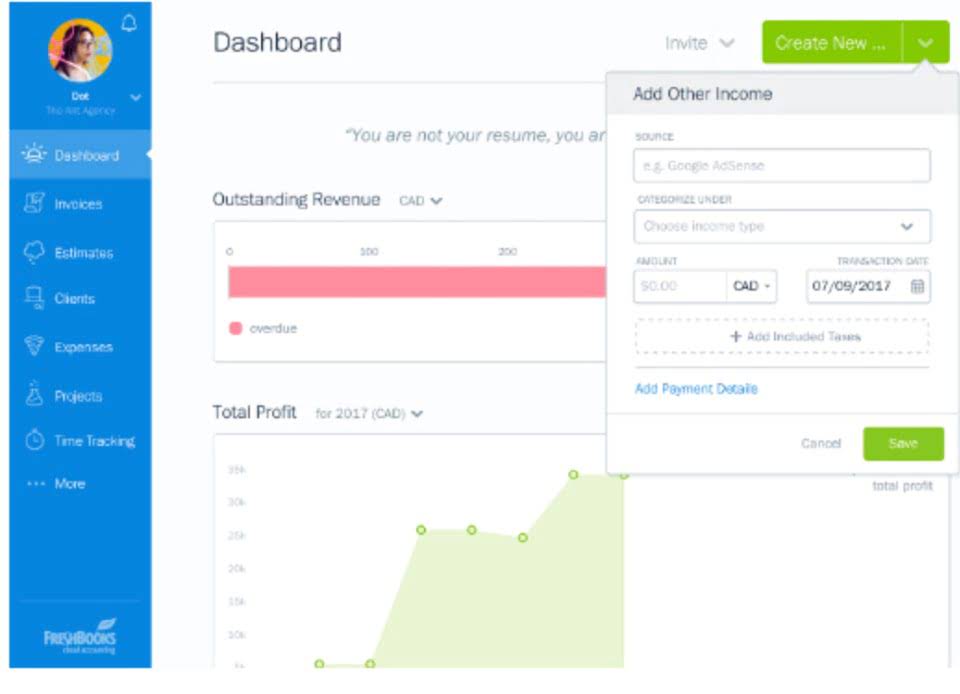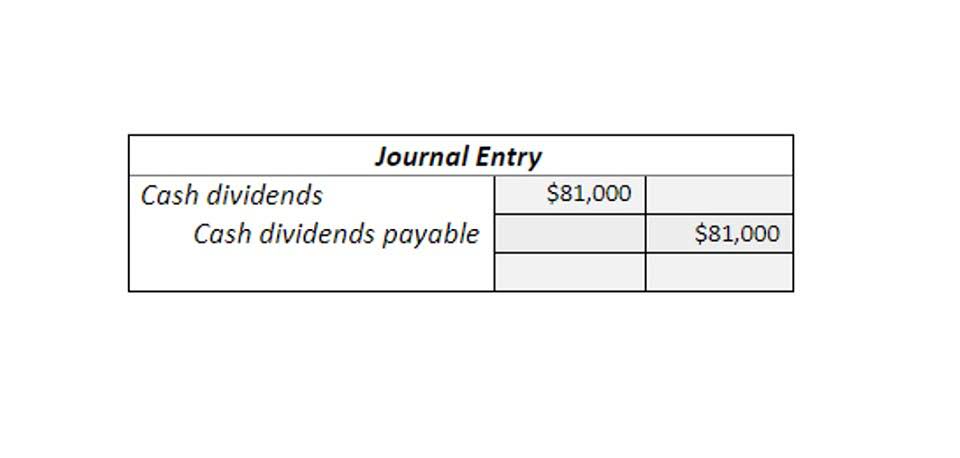Difference Between Accounting and Accountancy with Accounting Cycle, Branches of Accounting and Comparison Chart

Bookkeepers don’t need any specific certifications, but you want to make sure whoever works on your company’s bookkeeping is extremely organized. Even if you are using an online system for bookkeeping, delegating an employee with keeping track of it on a daily basis is very important. Bookkeeping is the daily financial tracking of all of your daily financial transactions. The bookkeeper of a business might choose to use online bookkeeping software to track everything.
Find Your Program

A CPA, or Certified Public Accountant, is an accountant who has earned a professional certification after meeting rigorous educational, professional, and ethical standards. CPAs must pass the Uniform CPA Examination and meet licensing requirements in their state, including ongoing continuing education to stay current on financial laws and practices. Public Accountants provide a broad range of accounting services to individuals, businesses, and organisations. Their services may include bookkeeping, tax preparation, financial analysis, and consulting. Public Accountants often work for accounting firms or what is the difference between an accountant and a cpa operate their practices. CPAs are required to obtain a licence from their state board of accountancy before practising public accounting.

What Is a CPA Career Really Like?
Top earners brought home nearly $175,840 and the lower rung made approximately $60,830, according to the Bureau of Labor Statistics (BLS). The need for financial analysts is likely to grow by about 8% between 2022 and 2032. Having both titles is considered a major advantage for nearly any career in the business world. Earning both requires a significant mastery of business accounting and investment knowledge. They review financial decisions based on current market trends, stated business objectives, and possible investment options. These professionals’ evaluations help determine whether a project or venture is worthy enough for investment.
TimesPro Sales Expert Programme – Sales Officer
This process involves meeting educational requirements, passing the CPA Exam, and fulfilling any additional experience requirements set by the state. CPAs can also represent clients in front of the IRS state tax authorities during a tax audit, whereas a general accountant cannot. If you need someone to take care of your small business’ financial needs, fixed assets you may wish to choose a general accountant. If you’re running a large corporation, with complex tax returns and SEC reporting, a CPA is better suited to your business.
Both credentials are highly respected in the accounting field, offering distinct career paths and opportunities. Whether you’re interested in becoming an accountant or a licensed CPA, the first step is getting your bachelor’s degree in accounting. CPAs are uniquely qualified to work in public accounting firms, which serve multiple clients across industries.

Do you need a Chartered Accountant (CA) or Certified Public Accountant (CPA)?
EAs are tax specialists with unlimited rights to represent taxpayers before the IRS. They can assist with tax planning and preparation and resolution of tax issues, such as audits, collections, and appeals. I would encourage students starting out in accounting to spend some time investigating their career options and talk to other people in the industry to get a sense of the best career fit for them. In 2021, I decided to take the next step in my accounting career journey, and I am now a self-employed accounting consultant and business advisor. I was able to put my technical accounting and client service skills to use in working with my own clients. It’s been really interesting to see accounting from another perspective as part of an internal accounting team.

Making the right choice: CPA or CMA?
- Harvard Business School Online’s Business Insights Blog provides the career insights you need to achieve your goals and gain confidence in your business skills.
- All participants must be at least 18 years of age, proficient in English, and committed to learning and engaging with fellow participants throughout the program.
- Many CPAs who specialize in taxation start as general accountants and develop tax expertise over time.
- The companies that perpetrate such acts are generally good at hiding it, which is why preternatural detective skills are so valuable for an auditor.
- A financial analyst looks to past and current trends to help achieve a future reality, while an accountant may review a company’s financial data on a day-to-day basis.
A certified public accountant (CPA) is a licensed financial professional who provides accounting, tax and advisory services. The CPA credential is administered by American Institute of Certified Public Accountants but issued by individual state boards of accountancy. The CPA exam is a test you must take to earn your Certified Public Accountant designation. You must also meet education requirements, such as having a bachelor’s degree in business, finance, or accounting. You must also meet experience requirements, which are at least two years of public accounting experience. Yes, you can work in corporate accounting, finance, or government roles with a CPA certificate, Medical Billing Process but you cannot practice as a licensed CPA or offer public accounting services.
Are bookkeeping and accounting different?
- CAs earn their title by completing a relevant accounting or finance degree and a Graduate Diploma of Chartered Accounting.
- Additionally, CPAs must pass the Uniform CPA Examination, a rigorous test covering various aspects of accounting and business.
- While both are skilled professionals, their qualifications, responsibilities, and legal authority set them apart.
- They can also pursue careers in corporate finance, management accounting, financial planning, or work as consultants.
- The difference between state requirements for obtaining the CPA credential can be considerable.
- To receive a CPA license, applicants must pass the CPA exam administered by the National Association of State Boards of Accountancy.
The distinction between accountants and CPAs is more than just a title—it reflects their qualifications and the level of service they can provide. Whether you’re a small business owner seeking financial clarity or an individual looking to maximize your tax benefits, knowing who to turn to can save time, money, and stress. An accountant is often sufficient for day-to-day bookkeeping, budget preparation, or filing straightforward tax returns. However, if you’re navigating complex tax issues, undergoing an audit, or requiring detailed financial planning, hiring a CPA ensures you receive expert advice and representation. Beyond this, there are myriad additional duties that an accountant might perform, such as bookkeeping, tracking expenses and revenues, forecasting future profits and cash flows, and tax preparation. An accountant could be a dedicated employee of a company or work for a third party hired by businesses to manage their books and prepare their taxes.
This wider focus appeals to those interested in various business areas like financial planning, product costing, or strategic decision-making, which can enhance a CPA career. Researching potential employers and career opportunities in your area is a great place to start. Gaining an understanding of the day-to-day responsibilities, career potential, job requirements and earning potential for the roles that interest you might help you determine the right path for your future. An accountant’s specific duties will vary depending upon the type and size of organization they work for and their specific role. The responsibilities of unlicensed accountants are similar to those of CPAs, but limited in some areas by comparison. To work as an external auditor, for example, an accountant must be a CPA, but internal auditors handling a company’s internal accounting may not have to be CPAs.